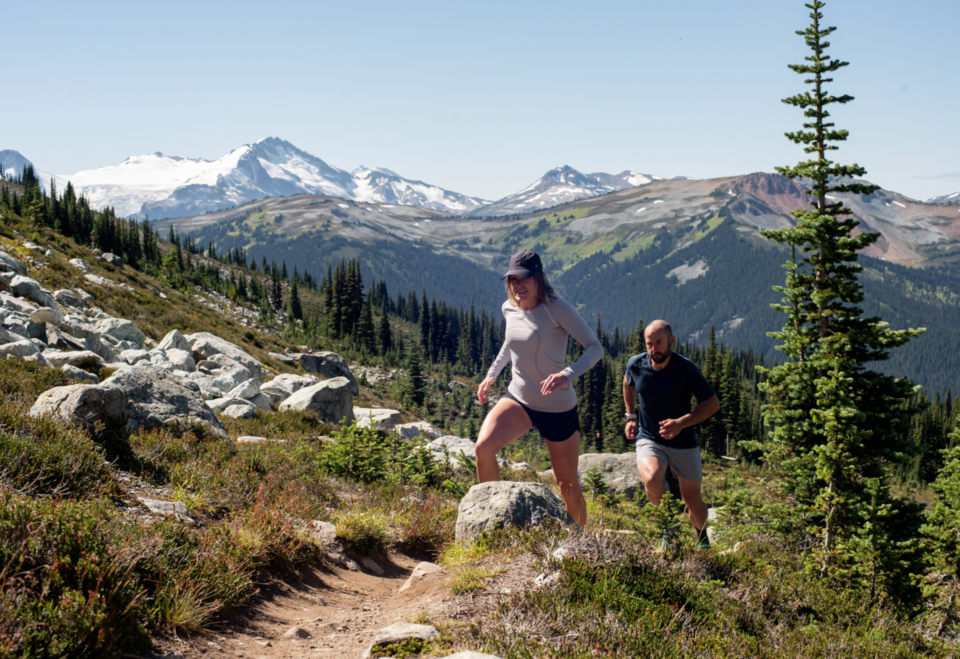The last op-ed I read about climate change was penned by Dr. Trevor Hancock. Writing to the Victoria Times-Colonist, Hancock compared the fossil fuel industry to its tobacco counterpart in the sense that this industry “ruthlessly pursues profit regardless of the human cost.”
Predictably, comments on this piece run the gamut from staunch agreement to harsh criticism… and fortunately, at least one balanced take.
“Just no compromise,” writes one individual under the username DMANP. “Each camp has been pushed to the point of warlike defense by their respective suitors. There is middle ground, people.”
Time to stop overlooking that middle ground.
There’s precious little I can add to the long-running scientific debate about anthropogenic climate change, and I have no interest in entering the political ring to support or excoriate the likes of Dr. Hancock. Rather, my stance is very straightforward.
In the famous words of Star-Lord from Guardians of the Galaxy, I want Earth to be taken care of “because I’m one of the idiots who lives in it.”
Two views tend to dominate this conversation. Either global warming will turn our planet into a Venus-like wasteland within our kids’ lifetimes, or it’s a hoax fabricated by left-wing malcontents who hate human prosperity. The truth is likely somewhere in between, and that’s where we should start.
We all live in a yellow submarine on Earth, and thus we all have a vested interest in the continued health of said world.
Climate change isn’t black and white…
Environmentalism should not be treated as a political issue that people accept or reject based on ideology. Instead, it’s a human issue that affects us all. No matter who you are: you need clean water, you benefit from a diverse biosphere and you probably don’t want to face natural disasters of increasing intensity.
I have no idea how bad things could get, but we shouldn’t need confirmation of an impending doomsday to want to take better care of our home.
What we do know for a fact is Earth’s warming has a salient effect on nature.
Chances are you’ve heard the term “atmospheric river.” Well, warmer air can hold more moisture, so these occurrences will likely become more frequent and severe. A very similar meteorological principle drives the formation of more powerful thunderstorms and tropical cyclones—again, not good news.
Prairie denizens may scoff at the idea of “global warming” because they just experienced a deep freeze in the minus-40s or worse. That freeze occurred because of the polar vortex—an expanse of frigid air normally contained to Arctic latitudes by a strong band of wind called the jet stream.
However, the polar jet stream can be disrupted by sudden stratospheric warmings: essentially temperature fluctuations in the upper atmosphere. Ironically, these warming events can bring cold to some areas by weakening the jet stream and allowing the polar vortex to expand southward.
Severe weather events are not necessarily a harbinger of Armageddon, but they remind us climate change is a more nuanced problem than its doubters would have you believe.
…but neither is the way forth
There is another side to this problem.
We’re not going to get off fossil fuels overnight. They provide the most currently-viable means of heating and travel, and so many things we use or rely on involve petroleum in their manufacture: everything from skis to eyeglasses. Solar, wind, hydro, et cetera, are definitely worth continued investment, but they each have their downsides as well.
For now, we’re reliant on oil and gas to an extent, and there’s no sense virtue-signalling about it (or refusing to properly leverage the fossil fuels in our own backyards).
Plus, not everyone has the means to only buy organic food or install solar panels in their house. Green options are frequently more expensive, and people shouldn’t be condemned for making ends meet.
Some, moreover, are tired of hearing the world will absolutely, 100 per cent, end unless we reduce our global carbon footprint to zero tomorrow. I understand feeling a sense of urgency about climate change, but certain folks just aren’t swayed by the doomsaying anymore—if they ever were to begin with.
Perhaps it would be more fruitful to tone down the apocalyptic predictions and try an approach that balances the realities of today with the hope of a better future.
Ultimately, everyone should be able to agree stewarding the biosphere is important. We’ll need to keep figuring out optimal solutions, but we only have one planet. Let’s not waste it.




